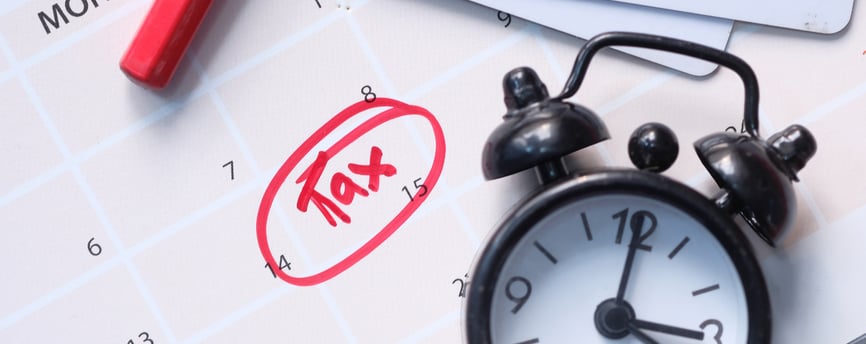How HMRC is Going to Penalise Sole Traders & Landlords if they miss the filling requirements under Making Tax Digital for Income Tax
Under Making Tax Digital for Income Tax Regime, HMRC is bringing in a new points based penalty system for late filling of the returns and late payment of tax.


How Is the New Making Tax Digital for Income Tax Work?
Under Making Tax Digital for Income Tax, you must file your quarterly returns using a functional and compatible software, keep digital records and use digital links to connect your software. Failure to meet these requirements may result in penalties under the new points-based system coming into force in April 2026.
So, you get penalties for:
Submitting your returns late
Not Keeping digital records such as spreadsheets, electronic copies of business records such as pictures, PDF etc
Not using a digital link.
What are the deadlines?
For Sole traders and landlords that earn over £50,000, they will be required to start filing quarterly returns from April 2026 with the first return due on the 7th of August for the quarter 6th April 2026 – 5th July 2026. Of course, you can file your return as soon as the quarter ends. You don’t have to wait till the 7th of August to get the information across to HMRC.
The other filing deadlines for filing quarterly returns under the Making Tax Digital for Income Tax Regime are : 7th November, 7th of February and 7th May. I have done a detailed write up on every thing you need to know about Making Tax Digital for Income Tax in this Guide. It will tell you all you need to know including tips on how to save tax.
For sole traders and landlords that earn more than £30,000 in gross income, they will come under the scheme from April 2027 and those with income of £20,000 or more from April 2028.
What are the penalties?
It is important to bear in mind there are 2 penalties :
Those incurred for not filing all the returns including the final submission on time
Those incurred for not paying the tax due on time.
If you are required to file quarterly returns than you will file 4 returns over the course of a tax year or over the course of 12 months. There is penalty point for each missed return so the maximum number of penalty points in tax year is 4. Once you reach the maximum of 4 points by filing 4 late returns you will get a fine of £200. And any subsequent late return after this will mean an automatic £200 fine. The only way to get the points off your accounts will HMRC will be to file the next 4 returns on time.
Put another way, once you get the 4 points and a penalty, you will need to file the next 4 returns on time before the points come off your records. This is known as the period of compliance.
For late payment penalties
Penalties for non-payment of tax will become heftier and more punitive under this system compared to the old system as explained below.
A first payment penalty will be payable 15 days after the payment due date based on a percentage of the balance outstanding.
If any tax is unpaid after 15 days of the due date, you will pay 3% on the outstanding amount.
Any outstanding unpaid tax after day 30 will attract the 3% on the outstanding amount at 15 days, plus 3% on the outstanding amount at day 30. (so 3% on the balance at day 15 and 6% on the balance outstanding on day 30)
Any outstanding amount after day 31 will attract all the above plus an additional 10% per annum accruing on a daily basis but as always there is a right to appeal against penalties.
How do you void getting these penalties?
HMRC wants to encourage compliance and the only way to avoid incurring penalty points and paying a fine is to stay ahead of the curve, become aware of all the changes, how it is going to affect you / what it means for you and plan ahead so you are compliant by the time it applies to you.
So, for example, if your income is below the £50,000, that means it is not going to affect you until April 2027 but you can start doing your research now and if you think you are going to need support implementing what is required then starting asking around for a bookkeeper or an accountant.
Can you appeal and will HMRC waive these penalties?
If you receive a £200 fine, you will get a letter from HMRC that offers a chance to review.
You can contact HMRC within 30 days of the penalty being issued to make an appeal. You will need to be able to explain to HMRC by you disagree with the decision.
And if you think you will be unable to pay your tax when due please give HMRC a call to put a time to pay agreement in place. Please do not ignore as it will only get worse.
Want to know more? Why not get our Guide that will give all you need to know but more importantly how to be prepared especially if you manage your tax affairs yourself and file your self assessment tax returns yourself,
Services
Bookkeeping
Contact
Contact Us
help@rhodiumaccounting.com
© 2025. All rights reserved.
Monthly Management Reporting
Budgets & Foerecasts
Cash flow Optimisation
Processes and Controls
